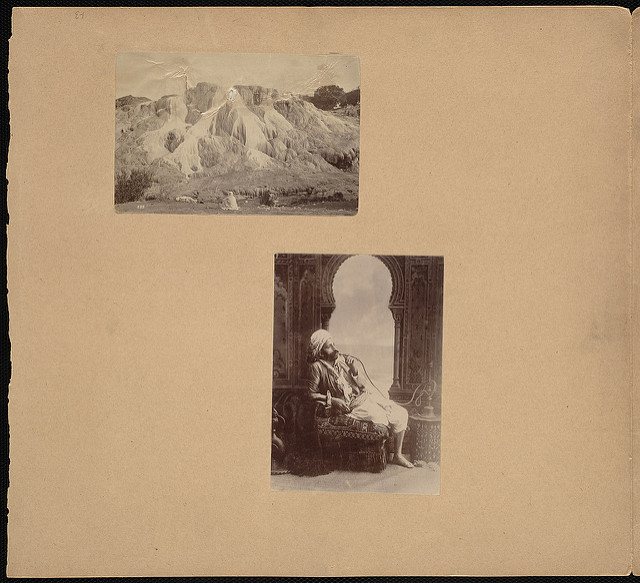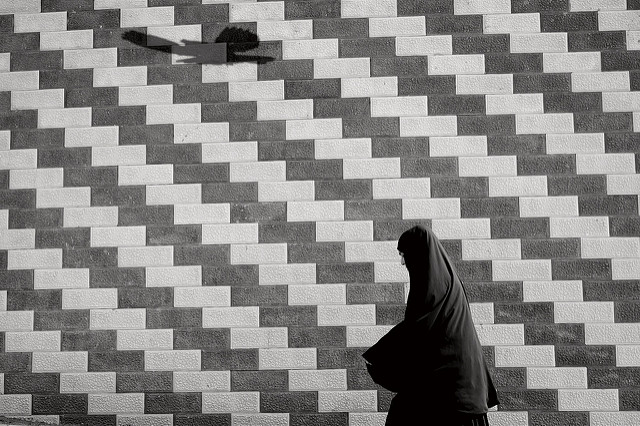Reads that encourage us to resist complacency and keep searching for new ways of thinking and being in the world–all in the name of self-determination.

July 21, 2017
Last week, our roundup focused on getting comfortable in liminal space. This week has us thinking about discomfort as an integral part of progress, especially when it comes to pushing the boundaries of what we think we know. From Liu Xiaobo’s death and the subsequent disappearance of his wife and poet Liu Xia, to Hua Hsu’s profile of Stuart Hall and the role he played in shaping the field of cultural studies, to celebrating the 40th anniversary of the Combahee River Statement on intersectional liberation, this week’s link collection encourages us to resist complacency and keep searching for new ways of thinking and being in the world–all in the name of self-determination.
Get out! Chinese agents bar access to the ‘free’ wife of Liu Xiaobo by Tom Phillips
Last week, well-known Chinese dissident and democracy activist Liu Xiaobo passed away while in custody after a long struggle with liver cancer. Since his death, the whereabouts of artist and poet Liu Xia, his wife, remain unknown. Liu Xiaobo was assigned a lengthy prison sentence after helping author Charter ’08, a pro-democracy charter signed by Chinese intellectuals and activists, and Liu Xia was placed under unofficial house arrest. On ongoing attempts to locate Liu Xia, Phillips reports:
Hu Jia, a Beijing-based activist and friend, also said he was in the dark: “We’ve tried every means possible to contact her.”
In the hours after the death of Liu, who was serving an 11-year prison sentence for subversion when he was diagnosed with terminal cancer in late May, there were calls from activists and western governments for Liu Xia to be given safe passage out of China.
China, however, has shown no sign of backing down, instead insisting, contrary to the evidence, that Liu Xia – who has never been accused or convicted of any crime – is “free”.
Stuart Hall and the Rise of Cultural Studies by Hua Hsu
In this New Yorker piece, Hsu examines the role that intellectual and activist Stuart Hall played in the rise of cultural studies. Hsu writes that Hall believed culture was a site of “negotiation,” rather than a fixed entity. Hall was as deeply influential in shaping scholarship on theories of reception as he was suspect of the”American fetish for theory.” In the face of those who “[searched] for the right theory which, once found, would unlock the secrets of any social reality,” Hall retained faith in multiplicity and people’s agency to fashion themselves. Hsu quotes Hall:
“People have to have a language to speak about where they are and what other possible futures are available to them,” he observed, in his 1983 lectures. “These futures may not be real; if you try to concretize them immediately, you may find there is nothing there. But what is there, what is real, is the possibility of being someone else, of being in some other social space from the one in which you have already been placed.” He could have been describing his own self-awakening.
Authors of Combahee River Statement, Which Profoundly Influenced Black Feminism, Mark 40th Anniversary by Kevin Gosztola
The Combahee River Collective celebrates the 40-year anniversary of a statement its members drafted that “not only centered the contributions of queer black feminists to black liberation struggles but also emphasized the importance of intersectional organizing across race, gender, sexual orientation, and class.” Members of the collective, which formed out of the Boston chapter of the National Black Feminist Organization, have continued to promote self-determination through inclusive and spanning analyses of how systems of oppression operate. Gosztola writes of writer-activist Sharon Smith:
Sharon Smith called attention to the following passage in the collective’s statement:
We believe that sexual politics under patriarchy is as pervasive in Black women’s lives as are the politics of class and race. We also often find it difficult to separate race from class from sex oppression because in our lives they are most often experienced simultaneously. We know that there is such a thing as racial-sexual oppression which is neither solely racial nor solely sexual, e.g., the history of rape of black women by white men as a weapon of political repression.
“The crucial lesson in that passage is that there can be no such thing as a simple women’s issue in a capitalism founded on the enslavement of Africans and in which racism has since then remained and to this day remains embedded,” Sharon Smith argued.
The Poet Bao Phi, On Creating A ‘Guidebook’ For Young Asian-Americans by Kat Chow
In this NPR interview, poet and community activist Bao Phi discusses learning about his family history, the inadequate coverage of Asian American history in high school curricula, and his new books, Thousand Star Hotel and A Different Pond. On being asked about calling Thousand Star Hotel a “work…for [his] daughter,” Phi replies:
Hopefully when she gets older she won’t find my poetry so boring. [Laughs] You know, just as a man of color, as an Asian-American, like anything could happen to me. I could get hit by a car. I could get hit by lightning. You know, some racist cop could kill me, or some racist on the street could just decide he doesn’t like the way I look and if that happens, what is my daughter going to have to know where I come from and where half of her comes from?
The Sri Lanka Series is a new digital talk series focusing on social justice movements unfolding in Sri Lanka after the end of the Sri Lankan Civil War in 2009. The series, started by journalist Rohini Mohan, will feature scholars and activists based in or around Sri Lanka who will be live-streamed into Toronto “for discussions about the possibilities and strategies of leftist mobilizing locally and transnationally.” Follow the link to sign up for updates about the project.
Blackpentecostal Breath by Ashon Crawley
This week, The New Inquiry featured an excerpt from Blackpentecostal Breath: The Aesthetics of Possibility, Ashon Crawley’s exploration of blackness and breath. In this excerpt, Crawley simultaneously pins down and opens up the term “blackpentecostalism” to take on myriad meanings:
Blackpentecostalism is the performance of plural possibilities for otherwise, is the enactment of irreducible openness, the experience of displacement as common, the performance of displacement as a critique of the violent modernity that produced violent possession, colonialism, enslavement. Blackpentecostalism is the ongoing emergence of otherwise than what Frank B. Wilderson III calls “spatial and temporal coherence.” Blackpentecostalism is not about human possibility but the possibilities that exist in plurality that have been rejected from the zone of the human. This ongoing emergence of otherwise is not, in the first instance, out of duress and violence, but out of and grounded in love.



